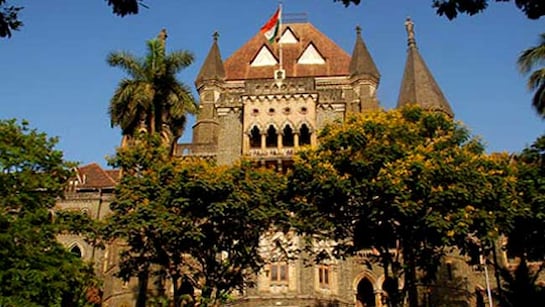Mumbai — In a landmark decision, the Bombay High Court has acquitted all 12 individuals previously convicted in the 2006 Mumbai train blasts case, overturning the earlier verdict by a special MCOCA (Maharashtra Control of Organised Crimes Act) court. The acquitted had spent nearly 18 years in jail following the devastating blasts that tore through Mumbai’s Western Railway local trains on July 11, 2006, killing 189 people and injuring over 820, reported the Livelaw.
A division bench comprising Justices Anil Kilor and Shyam Chandak quashed the convictions after hearing appeals from both the State and the accused for more than six months. The court concluded that the prosecution failed to establish guilt beyond reasonable doubt. A detailed copy of the judgment is yet to be released.
The special MCOCA court had, in September 2015, sentenced five men—Kamal Ansari, Mohammad Faisal Ataur Rahman Shaikh, Ehtesham Qutubuddin Siddiqui, Naveed Hussain Khan, and Asif Khan—to death for allegedly planting the bombs. The remaining seven—Tanveer Ahmed Mohammed Ibrahim Ansari, Mohammed Majid Mohammed Shafi, Shaikh Mohammed Ali Alam Shaikh, Mohammed Sajid Margub Ansari, Muzammil Ataur Rahman Shaikh, Suhail Mehmood Shaikh, and Zameer Ahmed Latifur Rehman Shaikh—were handed life sentences.
Earlier, Wahid Shaikh was the only accused acquitted by the trial court after spending nine years in jail.
The prolonged appeals process had been pending since 2015. Following requests from some of the accused for a speedy hearing, a special bench was constituted in July 2024 to adjudicate the matter.
Senior advocate and former Chief Justice of Orissa High Court, Dr. S. Muralidhar, who represented two of the life convicts—Muzammil and Zameer—played a key role in highlighting investigative and procedural lapses. He criticized the investigative agencies for conducting what he termed as a “biased investigation” and emphasized that the accused had spent nearly two decades behind bars without conclusive evidence.
“These men have lost the best years of their lives. The approach in terror cases has often been to presume guilt rather than establish it. Police press conferences and media trials often seal the fate of the accused before the courts even deliver a verdict,” Muralidhar argued before the bench.
He also urged the court to consider the broader social impact on the families of the accused. “Stigma does not just affect the accused, but their children, spouses, and extended families. Our society is unforgiving. Once branded, they are treated as outcasts.”
The judgment has reignited conversations about justice, media responsibility, and the failures of terror investigations in India. Human rights advocates and legal experts have welcomed the decision, though concerns remain about accountability and the rebuilding of the lives lost to wrongful imprisonment.




